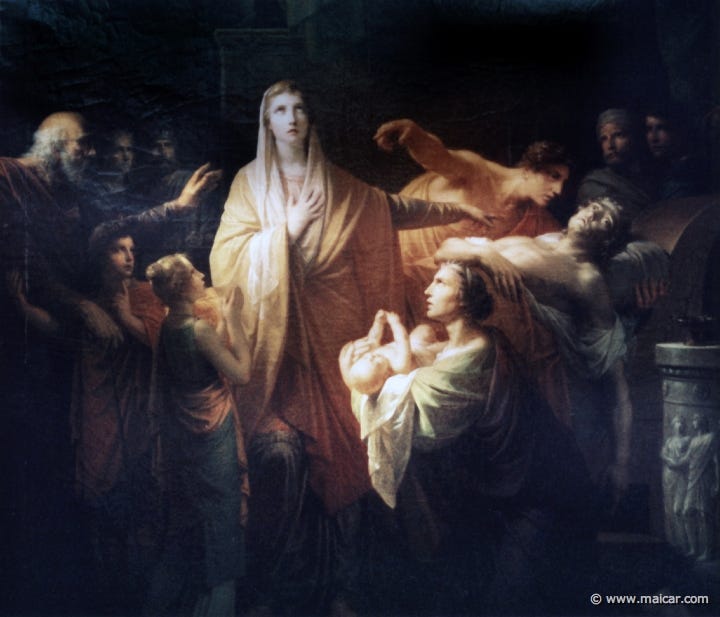A version of this essay appears in Serpent Club: New Writing (Summer 2023). Purchase your copy here.
Comedy is about the presentness of the present, as measured by its subtraction and repayment. Sometimes repayment with interest. This excess measures our desire regarding the present. That is to say, our desire for the present, which comedy brings into being, or makes manifest.
What is the relationship between poignancy and the comic? The “poignancy” of the comic is not in accord with the word’s etymology. For the poignancy of the comic does not stab; it is, rather, an experience of tension. It is a limit placed in the middle of the world, not at the edge of the world. It is a limit beyond which is also life.
What is the difference between yearning and desire? Desire, we are told, seeks possession. Yearning seems to seek rather proximity. The physiology of yearning: is it not something that grabs you in the mid-section—that is, around the stomach—and pulls you forward? The feeling mounts towards the throat. As it mounts toward the throat, it approaches desire. For desire parches the throat. The boundary between yearning and desire would therefore be somewhere around the middle of the esophagus. We are still not speaking about the loins—for they have no part in yearning, which does not, so to speak, “desire” possession. For yearning perhaps understands that possession is its limit, inasmuch as it dissolves the discreteness of the proximate objects.
Hence, love is a matter of yearning. Hence the distance implicit in love. And this distance is the matter of comedy, how it insists on holding us at bay, throughout and especially at its endings. It is said that comedy ends with incorporation, the reintegration of the formerly sundered community; but death is the true incorporation, the consummate matter of tragedy. Comedy, the truest comedy—Alcestis returned from the tomb, but mortal, silent; Hermione delivered by art without redress of the lost years, son lost but daughter found—ends by preserving tension: the string tuned between two pegs.
Does comedy tighten or loosen its string by ending with the birth of children? And what about living happily ever after? As, indeed, Raunce and Edith at the end of Henry Green's Loving—one of the great modern comedies—are said to do. Is this their apotheosis? And what do we make of the past tense “lived” in “lived happily ever after”? (Compare the German idiom: Und wenn sie nicht gestorben sind, leben sie noch heute. [‘And if they haven’t died, they’re living still’.])
Green’s is a novel from time of war—the greatest war, then or since. From what vantage point, therefore, is its last line spoken? Is it spoken in hope, hence in agony? Or does it, delphic, reserve the possibility that “ever after” is not a long time? (Then, too, there is the silence about Raunce’s Albert, gone off to the wars, determined to avenge himself—on misunderstandings.) Or does it consign the lovers to another realm, the realm of fable, from which we feel an agony of exclusion?
Wishes to have the dead awaken, inanimate become animate: no wonder comedy—Alcestis, The Winter’s Tale, and, yes, Henry Green’s Loving, its Albert playing at “blind man’s buff,” blinded by love—is so often peopled with statuary.




The most poignant remarks on comedy I’ve read in ages. Strikes me at the top of the esophagus. Beautiful.
“Laughter is sudden glory” -Hobbes